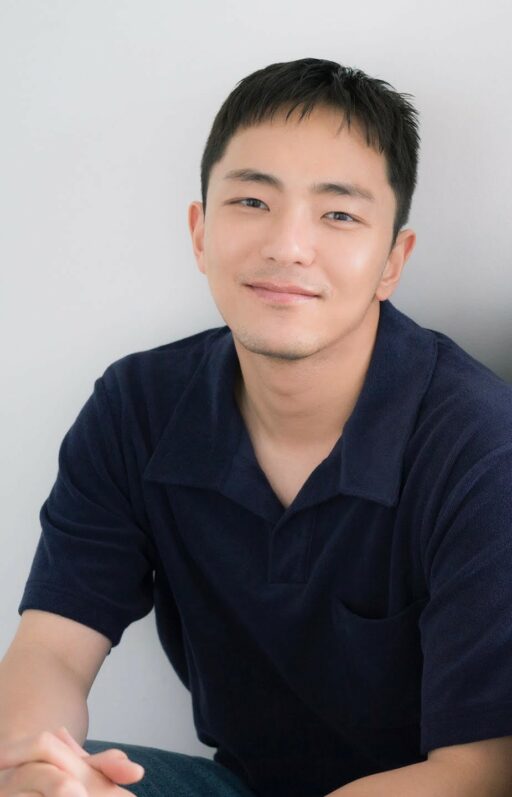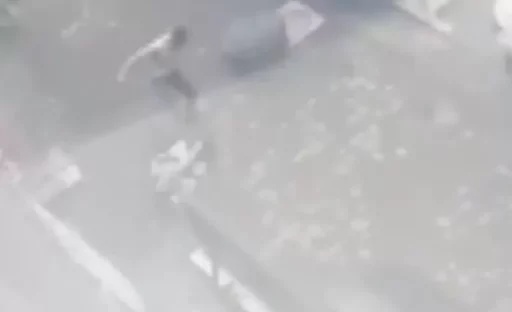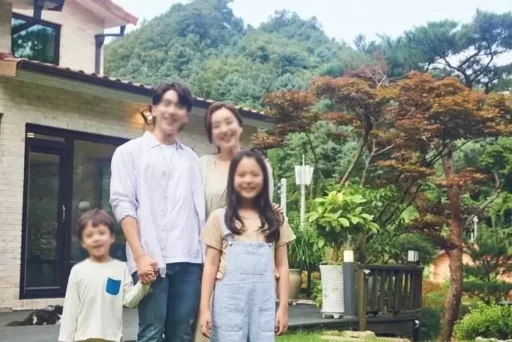Jeong Dong-young: "North Korea is not the primary enemy… It's just a threat," remarks escalate confrontations between ruling and opposition parties.
Jeong Dong-young, the candidate for the Minister of Unification, is stirring controversy by stating during the National Assembly's confirmation hearing, "North Korea is not the primary enemy."
On the 14th, during a hearing of the National Assembly's Foreign Affairs and Unification Committee, Jeong responded to the inquiry from People Power Party lawmaker Kim Ki-hyun, stating, "I do not agree with the expression that North Korea is the primary enemy of the Republic of Korea." When asked, "Isn't North Korea our enemy?" he replaced it with the term "threat."
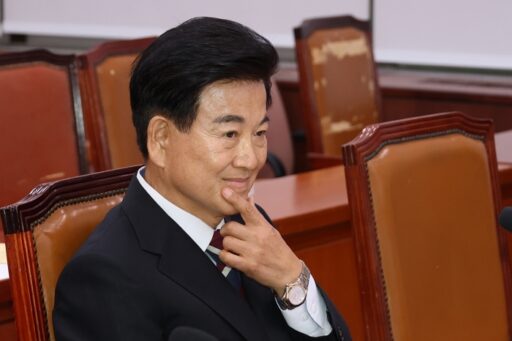
Regarding why he does not agree with the designation of North Korea as the primary enemy despite the realistic security threats posed by its nuclear capabilities and missile threats, Jeong stated, "The government's role is to create a situation where there is no need to shoot," adding, "I believe it is sufficiently possible."
The Ministry of National Defense first introduced the term "primary enemy" in its 1995 defense white paper but changed it to "direct military threat" after 2004. However, the 2022 defense white paper published during the Yoon Suk-yeol administration explicitly stated, "The North Korean regime and North Korean military are our enemies."
"Drone surveillance is a violation of the Armistice Agreement… Dialogue must take precedence."
Jeong also expressed that sending drones by our military to monitor North Korean activities is "a violation of the Armistice Agreement." He explained, "There are alternative means such as satellites and high-altitude reconnaissance aircraft."
Regarding the September 19 military agreement between the two Koreas, he stated, "Since the Yoon Suk-yeol administration has suspended its effectiveness through a Cabinet meeting resolution, the next government can restore it through a resolution." However, he added, "Rather than unilateral restoration, it is a priority to start practical trust-building by refraining from military tensions on land, sea, and air."
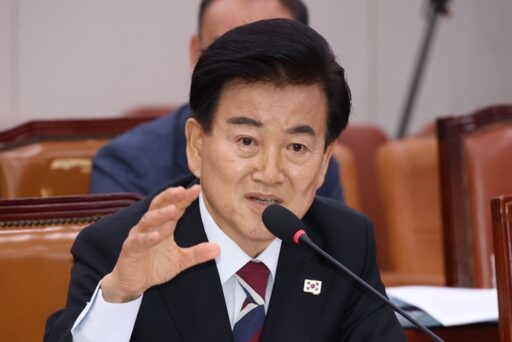
On resuming inter-Korean dialogue, he diagnosed the situation as "completely dark," but projected that "if dialogue between North Korea and the U.S. comes to fruition, the situation on the Korean Peninsula could change." He continued, "North Korea's urgent demand is the lifting of sanctions," emphasizing that "dialogue between North and South Korea is a secondary task compared to dialogue between North Korea and the U.S."
Jeong argued that the major agreements between North and South Korea should go through the National Assembly's ratification process, stating he would request this be considered by the president.
"Support for defectors should be handled by welfare and safety departments… The Ministry of Unification should take on a cooperative role."
Jeong expressed his willingness to reform the current 'reporting system' for private organizations' contact with North Korea to an 'open system.' He also emphasized the need to restore budget cuts for civil unification movement organizations such as the Korean Council of People’s Solidarity.
He agreed on restoring the North-South dialogue and exchange cooperation organizations that were consolidated in the previous administration.
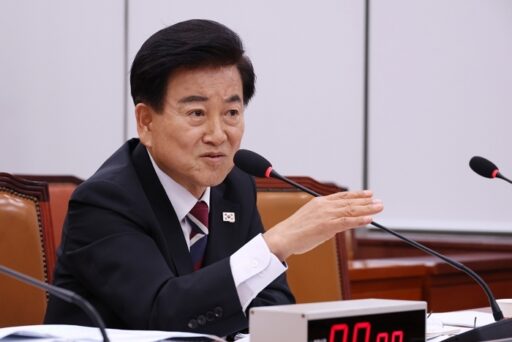
On the support for North Korean defectors, he stated, "It is desirable for the Ministry of the Interior and Safety or the Ministry of Health and Welfare to be the lead department while the Ministry of Unification transitions to a cooperative department."
In response to Democratic Party lawmaker Han Jeong-ae's request, he said, "I will systematically review the protection and safety issues of 34,000 North Korean defectors," adding, "If I become the minister, I will redefine the relevant role distribution at the government level."
Image source: Jeong Dong-young, Minister of Unification nominee / News1, News1
